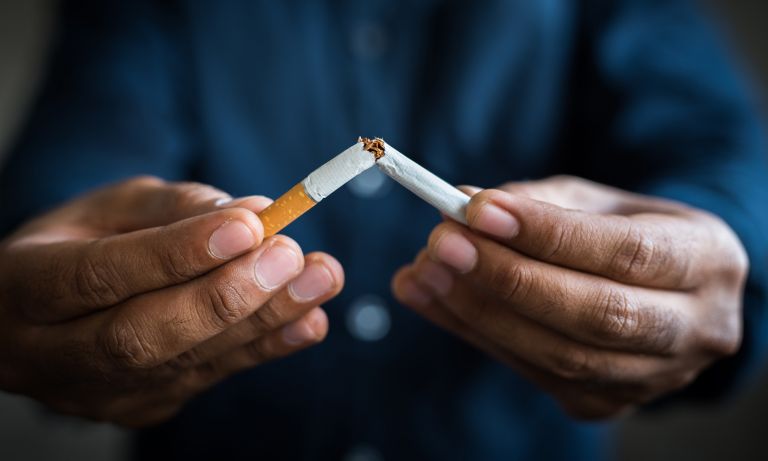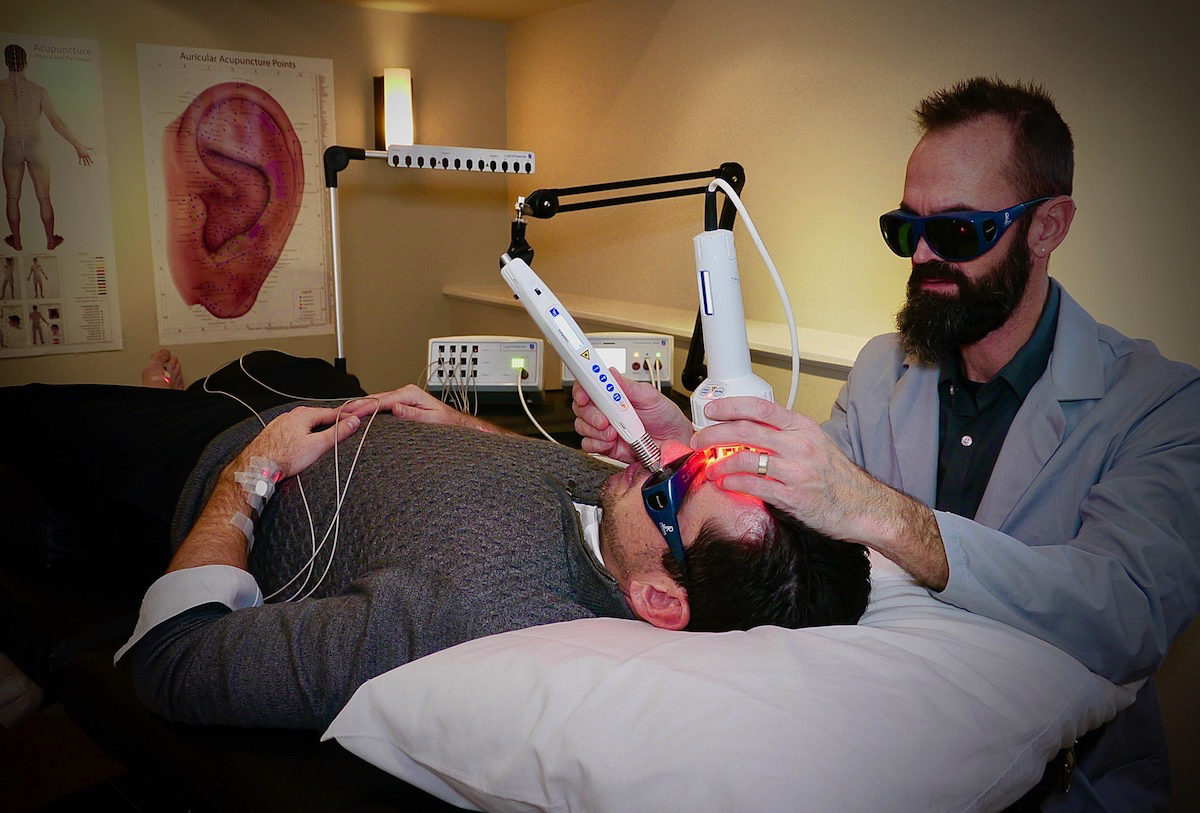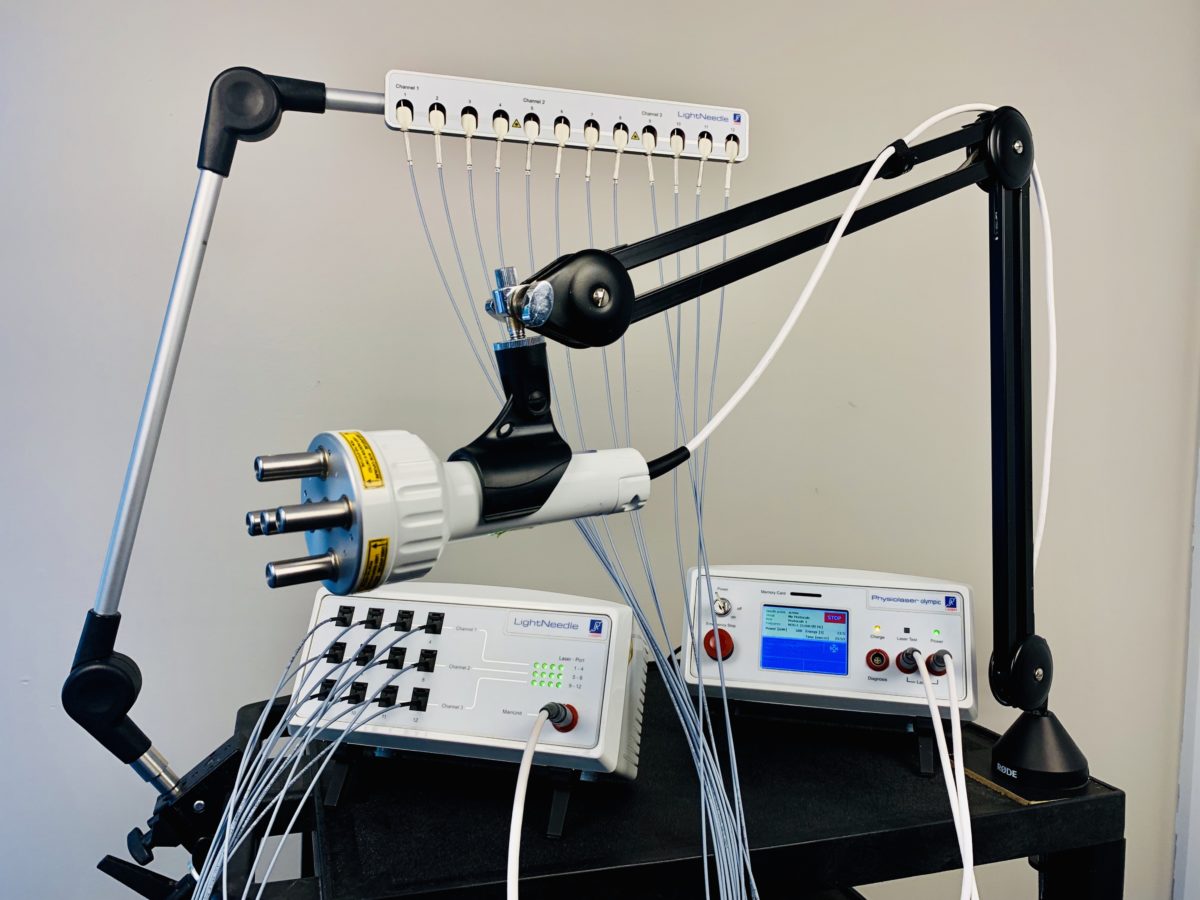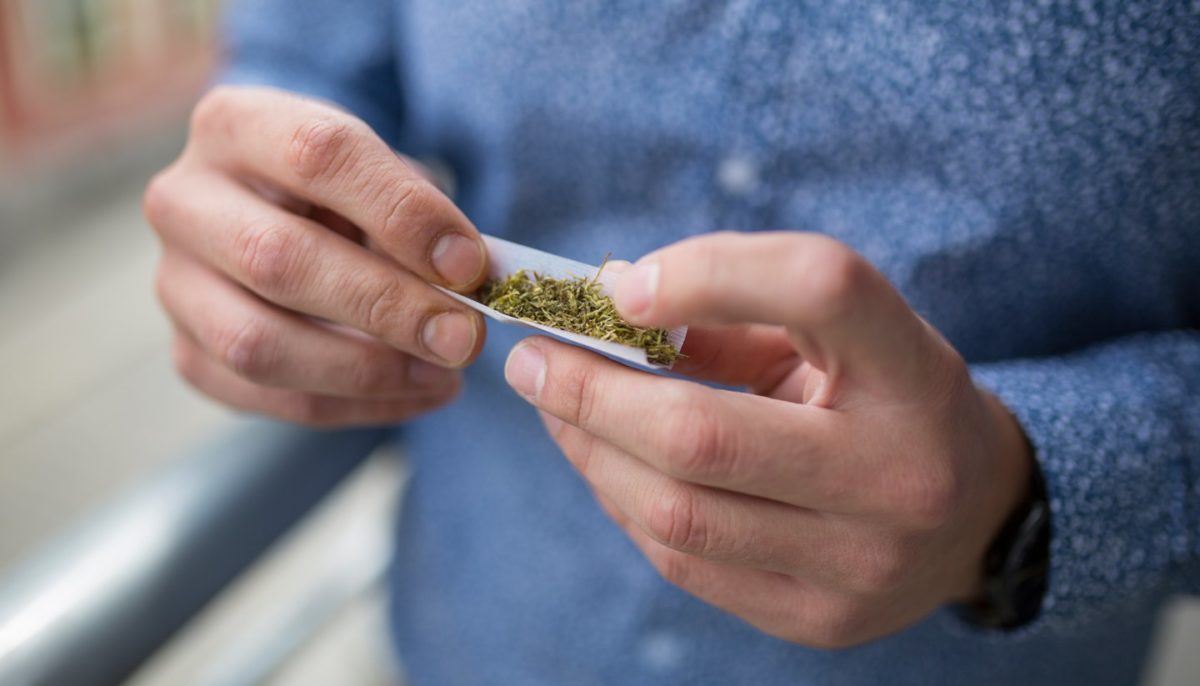Laser Wellness Support vs. Other Approaches for Quitting Smoking
Low-Level Laser Stimulation (LLLS), sometimes referred to in research as laser acupuncture, is gaining increasing attention as a non-invasive wellness-based support for individuals who are choosing to quit smoking or vaping nicotine. It may also offer general support for individuals who are addressing challenges with other habits such as alcohol, marijuana, or other bad habits — though this article focuses primarily on nicotine.
LLLS uses low-intensity laser light applied to specific energy points on the body such as the ears, nose, forehead, hands, and feet. The goal of this process is to promote a sense of calm, encourage emotional balance, and support wellness during nicotine cessation.
One of the key advantages of this approach is that it does not involve drugs, nicotine replacements, or invasive tools. For those seeking a gentle, supportive option, it offers a unique complement to more mainstream approaches. And as word spreads, more people are learning about laser’s potential from friends, family, and anecdotal reports.
Note: Laser Quit Sessions are non-medical and not intended to diagnose, treat, or cure any health condition or addiction. Individual experiences vary, and results are not guaranteed. Always consult your doctor before making any changes to medications or substance use.
🧪 Comparing Traditional & Alternative Smoking Cessation Methods
There are many ways people attempt to quit smoking or reduce nicotine intake — from prescription medications and nicotine patches to group therapy and mindfulness techniques.
Let’s take a look at the success rates of some of the more well-known options:
🔹 Nicotine Replacement Therapy (NRT)
Includes: patches, gum, lozenges, and inhalers
Reported 1-Year Quit Rate: 9.9%
Source: New England Journal of Medicine
🔹 Electronic Cigarettes
Reported 24-Week Quit Rate: 15%
Source: PubMed
🔹 Prescription Medications
-
Bupropion (Zyban): 13.6% quit rate at 1 year
-
Varenicline (Champix/Chantix): 6.2% quit rate at 1 year
Source: NCBI Study
🔹 Group Support
4-Week Quit Rate: 35.5%
Source: Addiction Journal Study
🔹 Telephone Quitlines
1-Year Quit Rate: 9.1%
Source: NEJM
🔹 Hypnotherapy
1-Year Quit Rate: 24%
Source: PubMed
🔹 Cognitive Behavioural Therapy (CBT)
1-Year Quit Rate: 22.6%
Source: Nicotine & Tobacco Research
💡 Low-Level Laser Stimulation (LLLS) as a Wellness-Based Quit Support
Low-Level Laser Stimulation (LLLS), sometimes referenced in research as laser acupuncture or cold laser, is an emerging wellness-based technique used by some individuals as part of their personal decision to quit smoking or reduce nicotine use.
At Ottawa Laser Solutions, this process involves gently applying low-intensity laser light to energy points on the ears, face, hands, feet, and nose — inspired by traditional wellness systems and informed by modern equipment design. The goal is to promote a sense of calm, ease tension, and support emotional regulation during the transition away from nicotine.
While laser support does not treat or cure addiction, a 2018 study exploring laser stimulation of auricular (ear) points reported a smoking cessation success rate of 87.5% among participants after 6 months.
Source: PubMed Study
🔍 Note: This study was not conducted by Ottawa Laser Solutions, and outcomes may not reflect your individual experience. Laser Quit Sessions are offered strictly as non-medical supports. Results are not guaranteed, and wellness outcomes vary from person to person.
📘 What Makes the Ottawa Laser Quit Program Unique?
The Ottawa Laser Quit Program, provided by 1530910 Ontario Limited and delivered by Laser Quit Specialist “Lazer Dave,” integrates more than just laser application. Clients also receive:
-
A clear Laser Quit Prep Guide
-
Personalized 1-on-1 Laser Quit Sessions
-
A structured wellness-based program designed to promote emotional balance and clarity
-
Guidance on wellness practices, preparation tips, and strategies to support change
-
Encouragement to adopt new, healthier habits during the “laser therapy window of change”
These offerings do not replace medical or mental health care. Clients are encouraged to speak with their doctor or counselor for any substance use concerns or diagnoses.
🧩 Final Thoughts
There are many ways to approach smoking cessation — and no single method fits all. What matters most is choosing a path that aligns with your values, feels right for your body, and provides the support structure you need to follow through.
Laser Quit Sessions using Low-Level Laser Stimulation (LLLS) are non-medical, wellness-based tools that may assist in creating a calm internal state, supporting your personal quit goals with clarity and commitment.
Important Reminder: Always consult with a physician or licensed provider before making changes to medications, supplements, or substance use. Laser Quit Sessions are not a substitute for addiction counseling, psychotherapy, or medical treatment.
Ready to Learn More?
To explore the full Laser Quit Smoking Program, visit ottawalasersolutions.com






